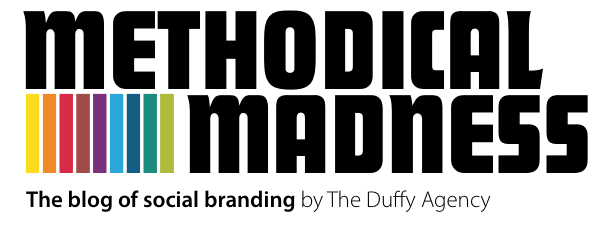Mumbai Terror Attacks and Twitter
 Friday, November 28, 2008 at 4:14PM
Friday, November 28, 2008 at 4:14PM The Tweet Who Cried Wolf
The news out of Mumbai, India came quick and sudden. No one knew what was going on at first but if you were on Twitter, the reports were flooding in. From individuals tweeting about “the horrible thing happening” to people blogging from within the Oberoi Hotel (“Mumbai terrorists are asking hotel reception for rooms of American citizens and holding them hostage on one floor,” reported one person from inside the hotel), Twitter was the front line reporting method for people all over the world.

Currently Hashtags.org, a site that allows you to follow conversations on Twitter via a preset code, shows 574 pages of tweets over the past 24 hours. The chatter is just amazing. Twitter once again shows how powerful it is in getting in on the ground floor of an event and providing in-depth coverage. It also shows how dangerous it can be by perpetuating rumors. It would be easy for someone to create a fake account and overwhelm a subject with false information.
With hundreds of people tweeting and re-tweeting, the information soon became redundant and when new information came in, it was treated as truth when it should have been questioned. Rumor-mongering ran rampant with reports of the dead ranging between 100 to 1000. Bombs exploding at the Marriott, when nothing happened there but at the Ramada next door. The number of armed men ranged wildly and pleas from the Indian government to quit using Twitter were believed to be true at first but later tracked to a high schooler in America.
The attacks in Mumbai are yet another test case on how Twitter and social media is being use to spread information. You can already find scores of bloggers talking about how great Twitter has been in covering the event. What doesn’t seem to be asked is what good is the information if none of it is correct or can be corroborated? Or should we trust the tweets that are coming out of a situation where anyone can say anything?
Several social media evangelist have been praising Twitter as a new news source. They are right for the most part. It was used to great effect during the earthquakes in China and the forest fires in California but Twitter is a fairly unreliable news source and should be treated as such. It’s an excellent way to find out what’s happening at the moment but just don’t believe everything you read. Temper the Twitter news with more factual reports and eventually we’ll be able to separate the truth from the fiction.

Reader Comments